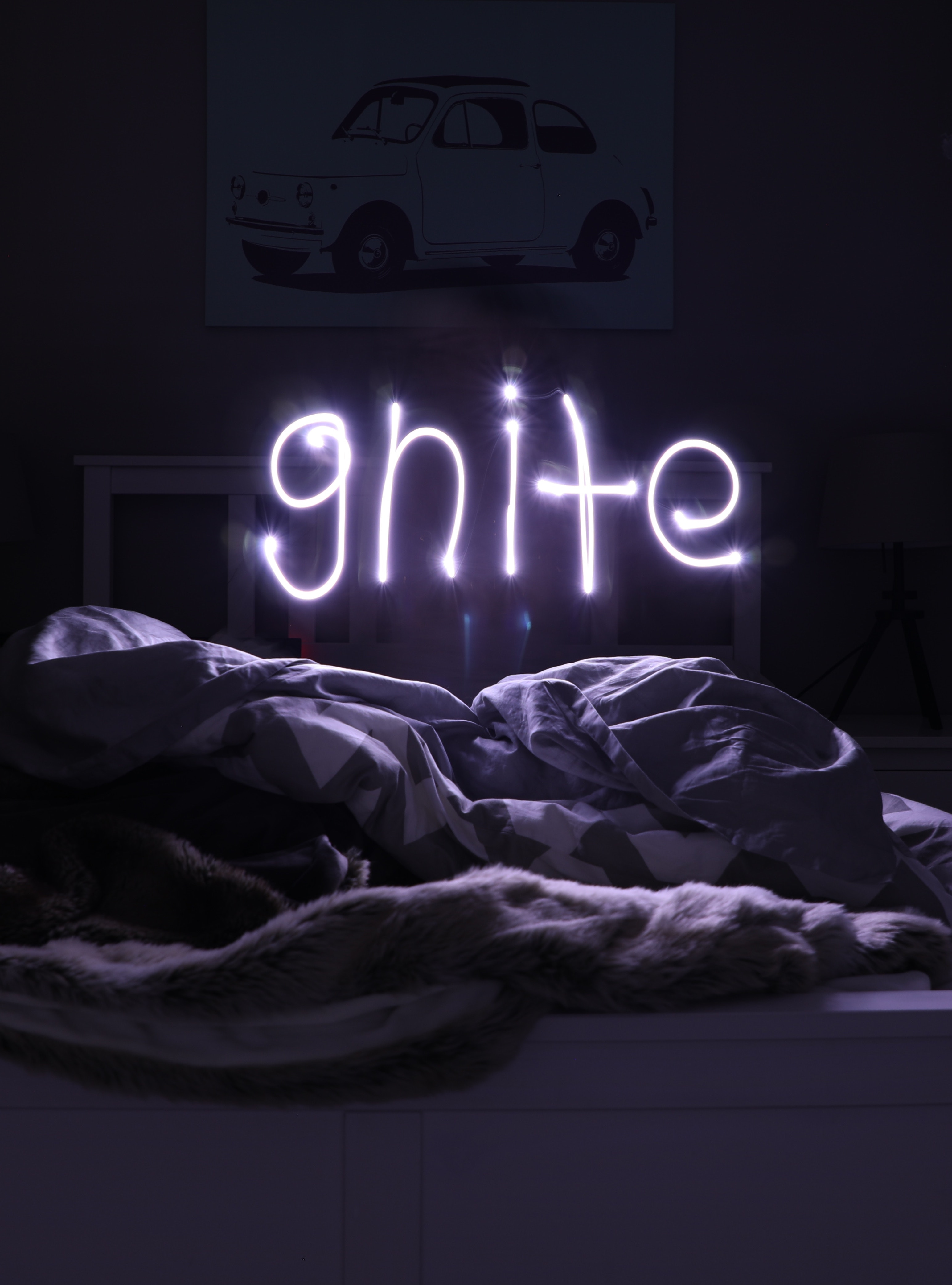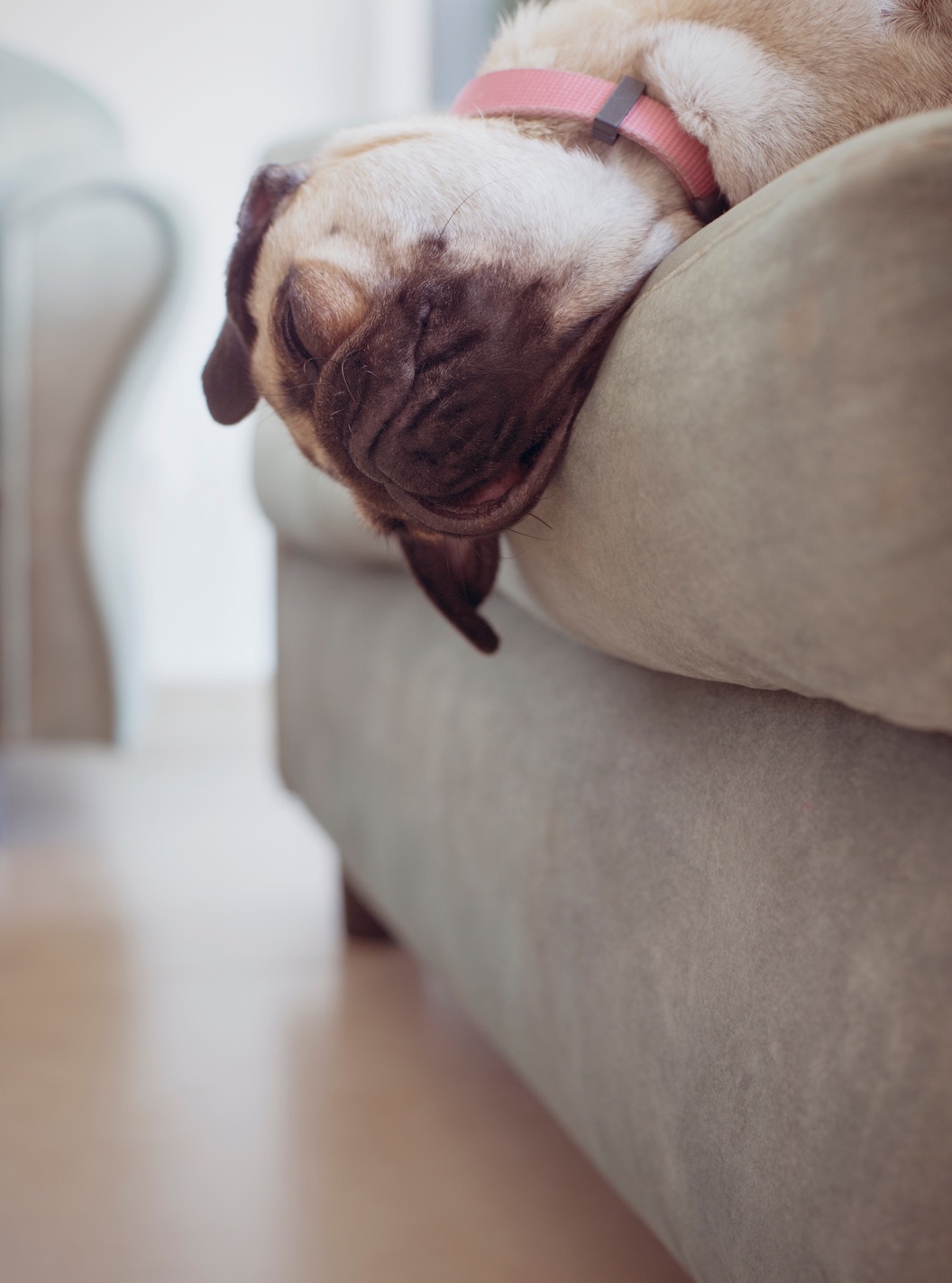A Comprehensive Guide to Changing Your Life by Getting Better Sleep.
Most of us already know how important it is to get enough sleep. In his article our NERDbody fitness hacker KEENAN ERIKSSON
talks about the way how to improve the quality of sleep and here are the highlights:
Take an Epsom Salt Bath. You will get incredible benefits of magnesium and improving your sleep quality is definitely one of them. Taking an epsom salt bath is one of the best ways to relax before bed, release muscle tension, replenish electolytes, and recover from injury or exercise. This can also be a great time to do some meditation and relax if you have such a practice.
Journal before bed. Stray thoughts keep us up at night. We lie awake, wondering about the day coming, analyzing the day past, and worrying about the future. This tip isn’t just a throw away suggestion, a study recently published in the journal of experimental psychology discovered that writing before bed significantly improved participant’s ability to fall asleep quickly. More specifically, writing a to-do list about your tasks for the next day was effective. The more specific the to-do list, the faster participants fell asleep. Start writing about your plan for the next day, or at least journaling, for 5 minutes before bed.
Get 8–9 hours of sleep, 10 if you are an athlete. I know, 8 hours is a lot of time to do anything other than work, and this is why sleep deprivation is so common. In a study performed in 2003 by the journal “Sleep,” it was discovered that those who slept 6 hours a night every night for two weeks displayed cognitive decline similar to those who did not sleep at all for two days straight. Furthermore, the 6 hours a night group was completely unaware of their cognitive decline, believed they felt good and well rested, while performing low on tests. This is one of the biggest problems with sleep deprivation: after a couple days of too little sleep, you stop noticing that your performance is declining. Occasional sleep deprivation is inevitable, but don’t let it become chronic. Chronic sleep deprivation leads to major cognitive decline, contributes to cancer, Altzheimer’s and diabetes, and increases inflammation.
Sleep Consistency: Sleep at the same times every day, and avoid variance. If you get 8 hours a night, but some days you go to bed at 8, others at 10, and others at midnight, this affects your quality of sleep. Our circadian rhythm is our body’s natural sleep cycle, and everyone has a different natural rhythm. Genetics play a partial role, however, extreme circumstance can “shift” your rhythm. If you change your sleep schedule all the time, however, your rhythm never adapts and you end up with lower quality nights. Whatever your sleep schedule, aim to make it as consistent as possible, including on weekends.
Turn off Screens Two Hours Before Bed: Light affects our biology. In particular, light affects our circadian rhythm. In a natural environment, our eyes process sunlight, which lets us know what time of day it is. At the brightest time of the day, the sun releases lots of high frequency blue light, along with red and infrared. As the sun goes down, this blue light dissipates drastically, signaling our bodies to produce melatonin, the hormone responsible for making us feel sleepy. Unfortunately, high fluorescence light bulbs emit blue light frequencies. Same with cell phone screens, televisions, and our computers. The result is that our body doesn’t get the “sleep” light signal on time, when the sun goes down. If possible, begin using low lighting and stop using screens when the sun goes down, or at least two hours before bed. If you must work late, consider investing in a pair of blue light blocking glasses, or simple sunglasses with orange lenses. These do a good job of blocking blue light. You can also install software such as f.lux on certain devices, which will darken the screen into a more amber color which is less abrasive.
Keep your room cold and dark: it is easier to fall asleep in a cold environment than a hot one. In fact, evening shifts in temperature from hot to colder are more influential on circadian sleep rhythm than sunlight. In short, keep your sleep environment somewhat cool or cold, and keep it dark. Pitch black darkness is best, and you can make this happen using special window blinds and by covering or unplugging electronics with LED lights. As far as cold, most people find that a room temperature between 62 and 65 degrees Fahrenheit works well.
Foam rolling and inversion are two great ways to sleep soundly, while also improving mobility and oxygenation. Inversion refers to hanging upside-down using devices such as the Teeter inversion table, or Gravity boots. Inversion tables allow you to hang upside down, which helps the health of your spine, oxygenates the blood and brain, and strengthens your core. Foam rolling, on the other hand, refers to a method of releasing muscle tension and knots with devices called, you guessed it, foam rollers. Foam rolling is great for you, and is one of the best ways to release body tension that even yoga has a tough time remedying. If you don’t want to spend the money on an inversion table, or learn to use a foam roller (price is not really a factor considering you can use a simple lacrosse or golf ball for the same purpose) then simply stretching for a time before bed works well. The theme here is to release tension before bed.
The “Siesta,” or Power Nap: This is one of my favorite daily habits, and a great way to deal with needing more sleep but not finding time. Take a mid day nap. Just napping for 20 to 60 minutes will refresh you for the rest of your day, and shows evidence to be a more natural way of sleeping. What I mean by this is that our ancient ancestors appear to have slept in “chunks” throughout the day, with a long nightly session, and occasionally daily napping. For my part, this nap left me feeling fresh right up until I went to bed at night, and for every 20 minutes of napping, I felt like I got an extra hour of sleep. As with nightly sleep, keep your nap at the same time every day. Also, if you drink coffee in the morning, this may affect your ability to nap. Try decaf for your morning cup or simply begin having your coffee after your nap.




Post your comment